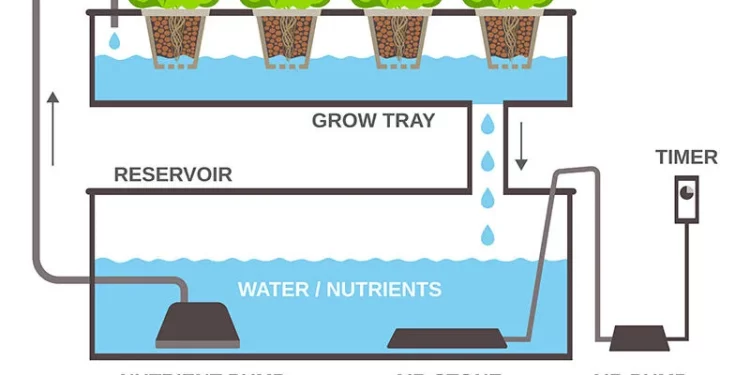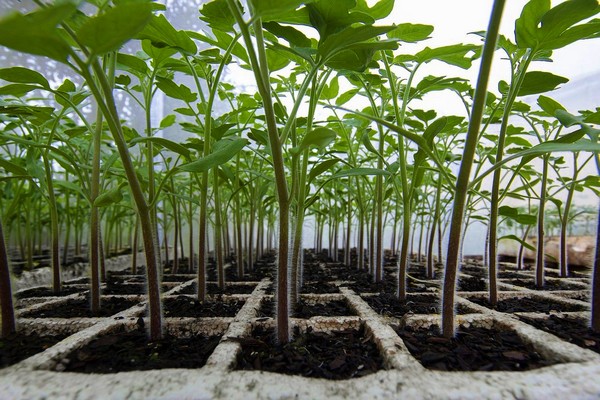Explore the significant role of copper supplementation in hydroponic farming and its profound impact on plant development, nutrient assimilation, and disease resistance. This article presents the latest data and insights on incorporating copper into hydroponic systems, captivating the interest of farmers, agronomists, agricultural engineers, farm owners, and agricultural scientists.
Introduction:
Hydroponic farming continues to revolutionize the agricultural industry, offering efficient and controlled growing environments. To unlock the full potential of hydroponic systems, understanding the importance of essential micronutrients is crucial. In this article, we delve into the application of copper in hydroponic plant growing, exploring its influence on plant growth, nutrient absorption, and disease management. By harnessing the power of copper, farmers can cultivate thriving hydroponic crops.
The Power of Copper:
Copper, an essential micronutrient, plays a vital role in various physiological processes within plants. It is involved in photosynthesis, enzyme activity, and the synthesis of important compounds. Adequate copper levels are necessary for proper growth, development, and overall plant health.
Data on Copper’s Impact in Hydroponic Systems:
A study conducted by the Department of Horticulture at the University of California, Davis, examined the effects of copper supplementation on hydroponically grown tomatoes. The research revealed that plants provided with optimal levels of copper displayed significant improvements in growth and development parameters. These included increased plant height, enhanced root growth, and improved fruit yield compared to plants deficient in copper.
Furthermore, copper played a crucial role in nutrient uptake and assimilation. The study demonstrated that copper-enriched hydroponic systems facilitated better absorption of essential nutrients, such as iron, zinc, and manganese, leading to improved plant nutrition and overall crop productivity.
Consequences of Copper Integration in Hydroponic Farming:
The integration of copper into hydroponic farming practices carries notable consequences. Firstly, the optimal supply of copper enhances plant growth, ensuring the development of robust and productive plants. This directly translates into increased yield and profitability for farmers engaged in hydroponic cultivation.
Additionally, copper supplementation in hydroponic systems contributes to improved disease resistance. Copper-based fungicides are commonly used in hydroponic systems to manage fungal diseases, such as damping-off and root rot. By incorporating copper, farmers can mitigate the risk of crop losses caused by such pathogens, leading to more resilient and disease-free hydroponic crops.
Conclusion:
Recognizing the significance of copper in hydroponic farming is paramount to achieving optimal plant growth, nutrient assimilation, and disease resistance. By harnessing the power of copper, farmers, agronomists, agricultural engineers, farm owners, and agricultural scientists can unlock the full potential of their hydroponic crops. The integration of copper promotes healthy plant development, nutrient absorption, and disease management, paving the way for successful and sustainable hydroponic farming.
Tags: #copper #hydroponics #plantgrowth #nutrientassimilation #diseaseresistance #sustainableagriculture #agronomy #agriculturalengineering #farmers #farmowners #agriculturalscientists











